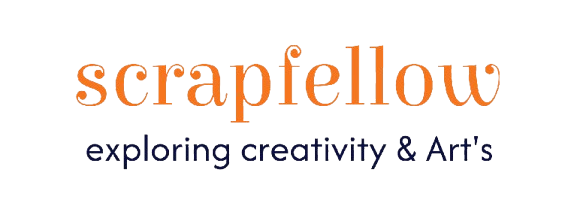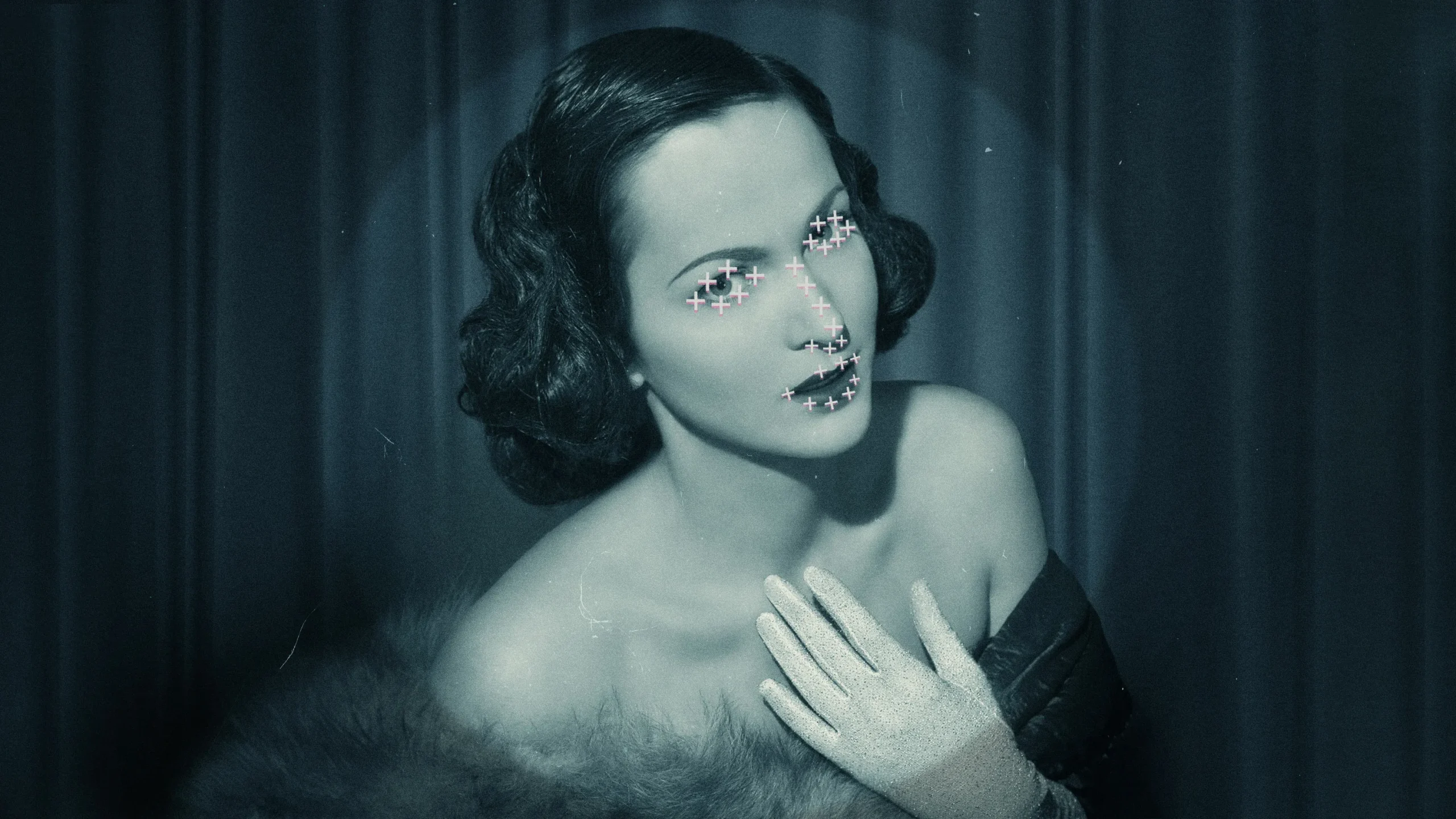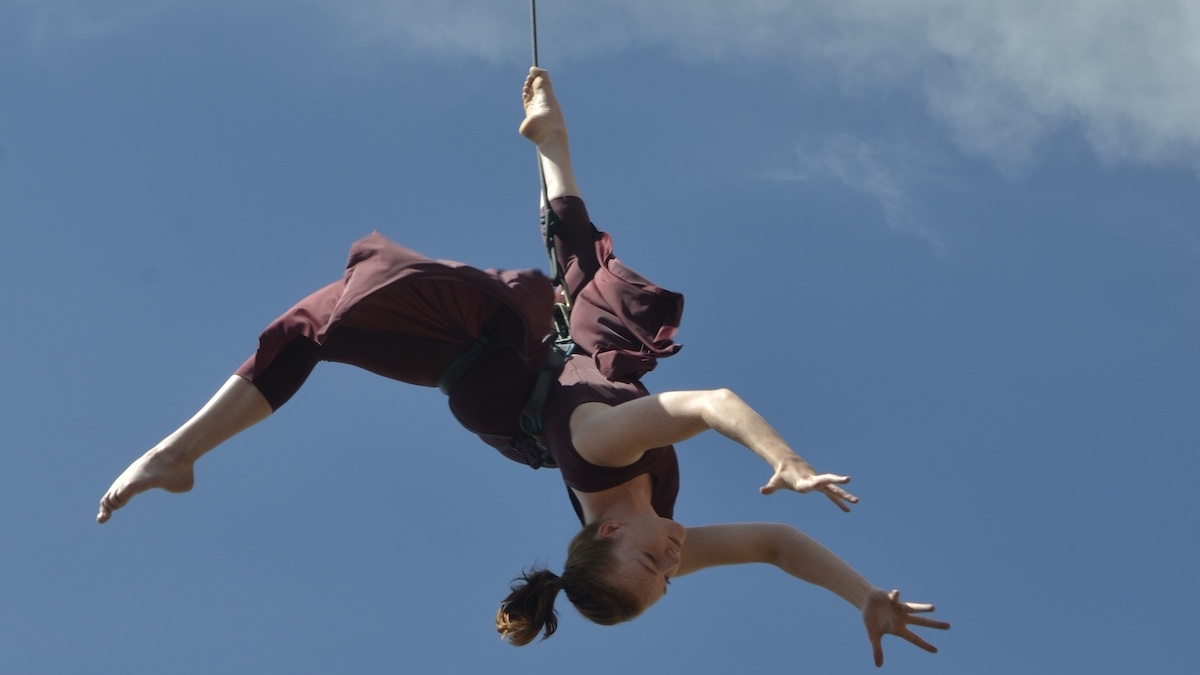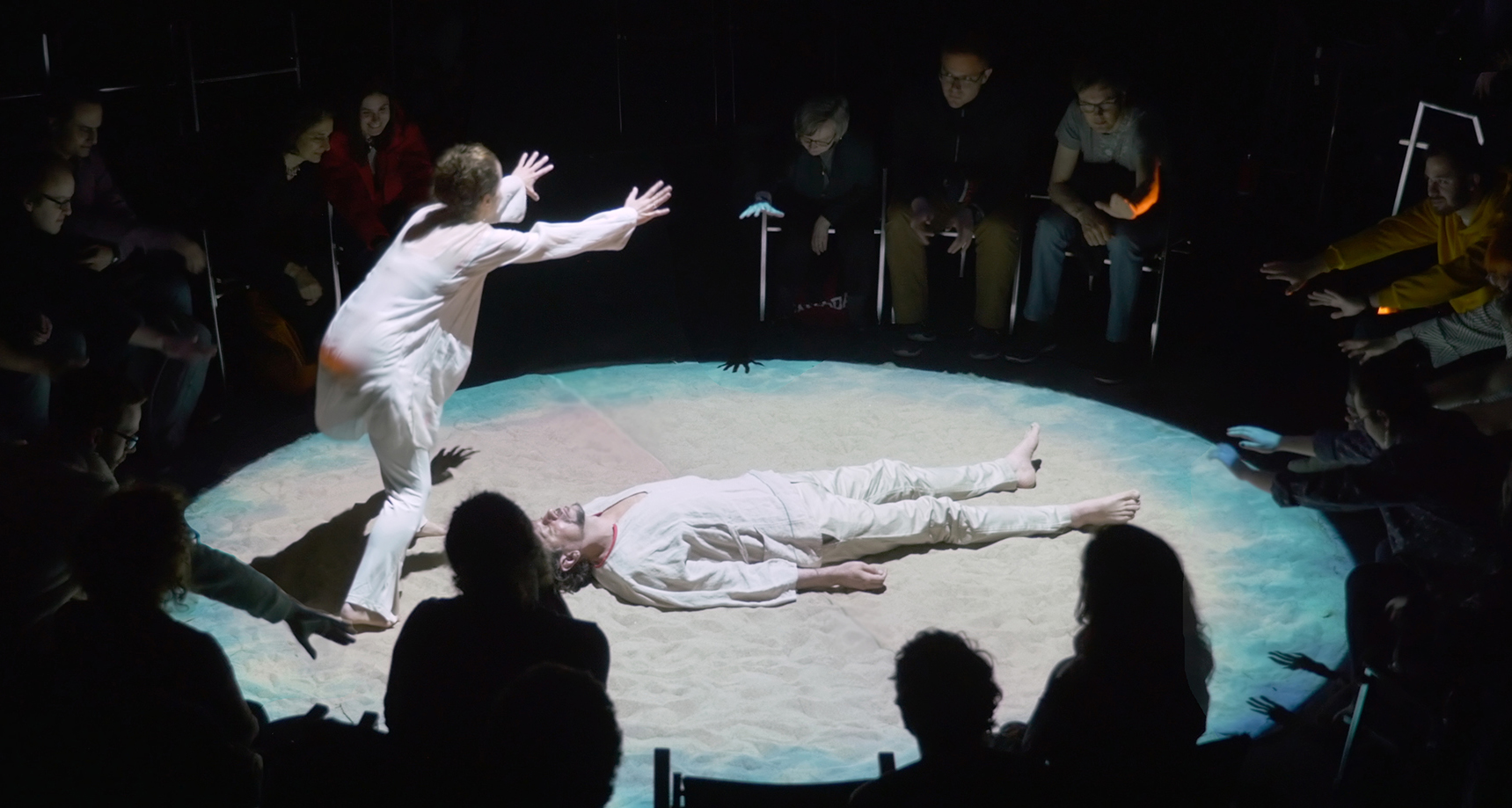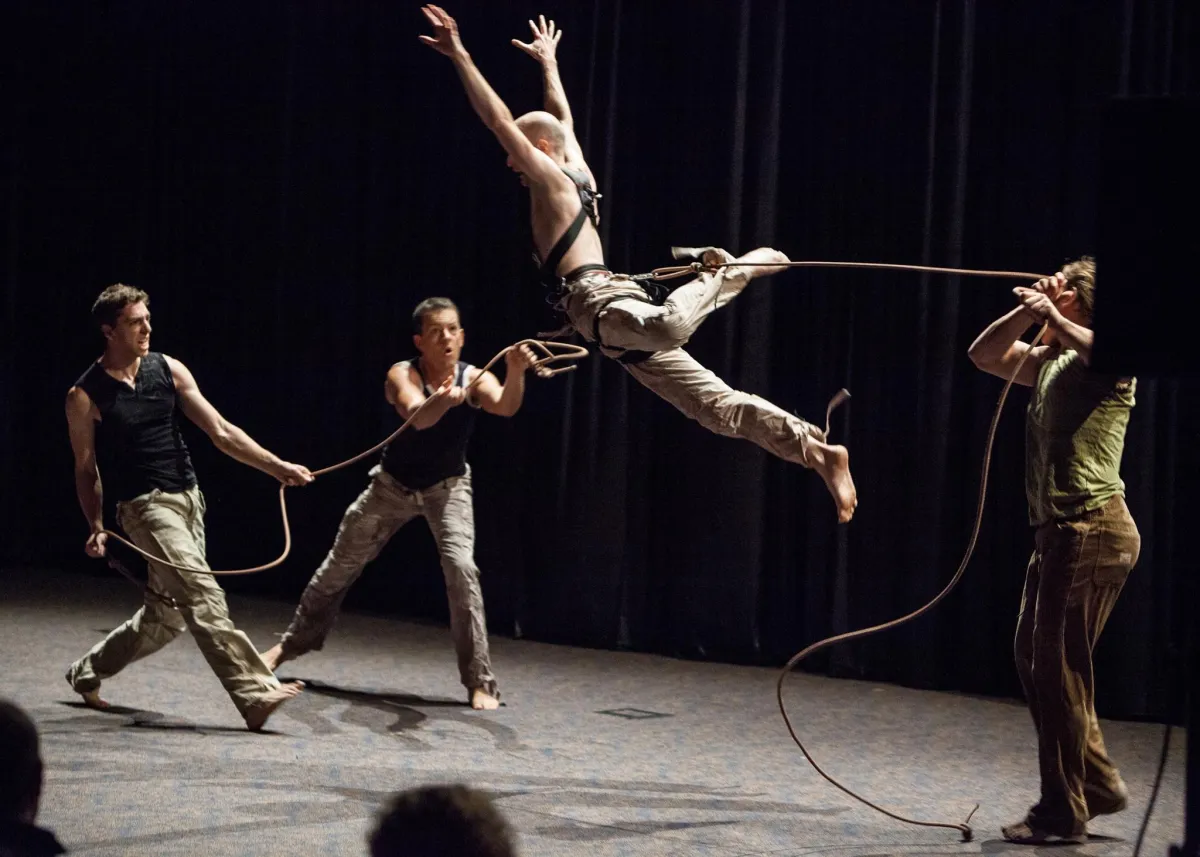In 2025, the integration of artificial intelligence into theater has revolutionized improvisational acting. Tools like Scribble.ai, developed under the concept of Theatrical Language Processing (TLP), are providing actors with AI-generated prompts that challenge traditional improvisation techniques. These AI systems introduce unpredictable scenarios, compelling performers to adapt swiftly and think creatively, thereby enhancing their spontaneity and problem-solving skills.
This fusion of technology and performance art is not without its challenges. While AI can offer fresh and diverse prompts, there is a risk of over-reliance, potentially limiting an actor’s interpretive freedom and the exploration of subtext. However, when used judiciously, AI serves as a valuable tool, augmenting the actor’s repertoire and opening new avenues for creative expression.
The adoption of AI in improvisational theater signifies a broader trend of embracing technology to enrich the performing arts. As actors and directors continue to explore these innovative tools, the boundaries of traditional theater are expanding, leading to more dynamic and engaging performances. This evolution underscores the importance of adaptability and continuous learning in the ever-changing landscape of theater and acting.
